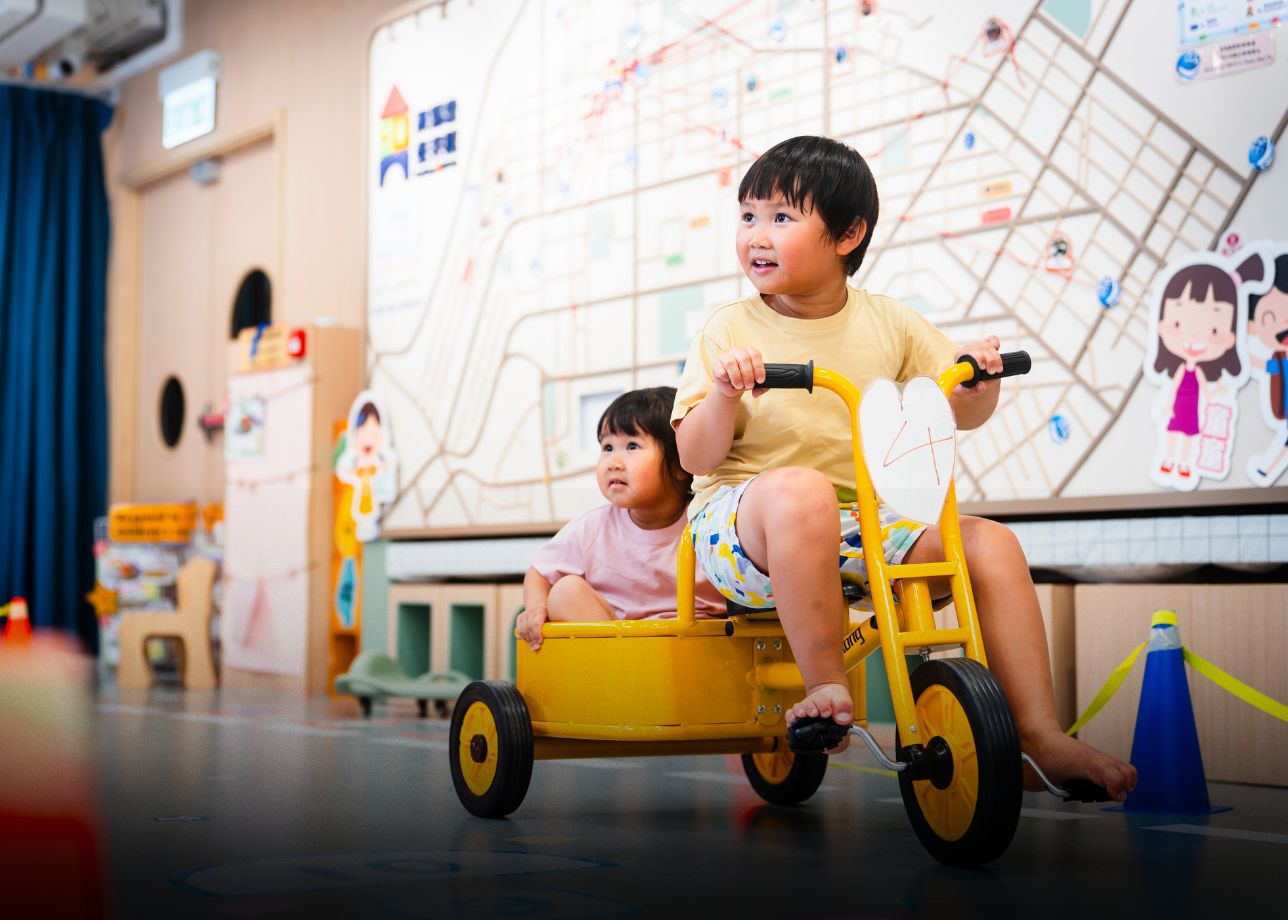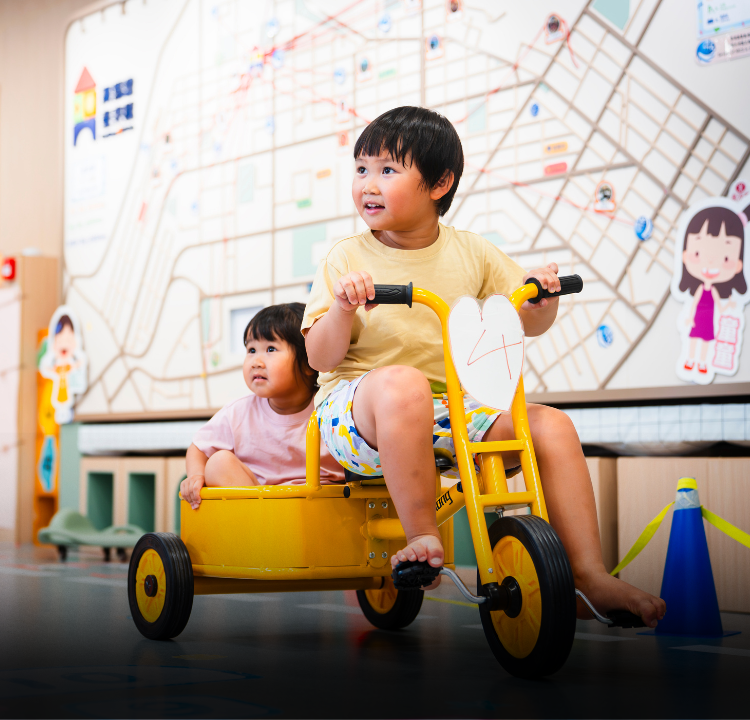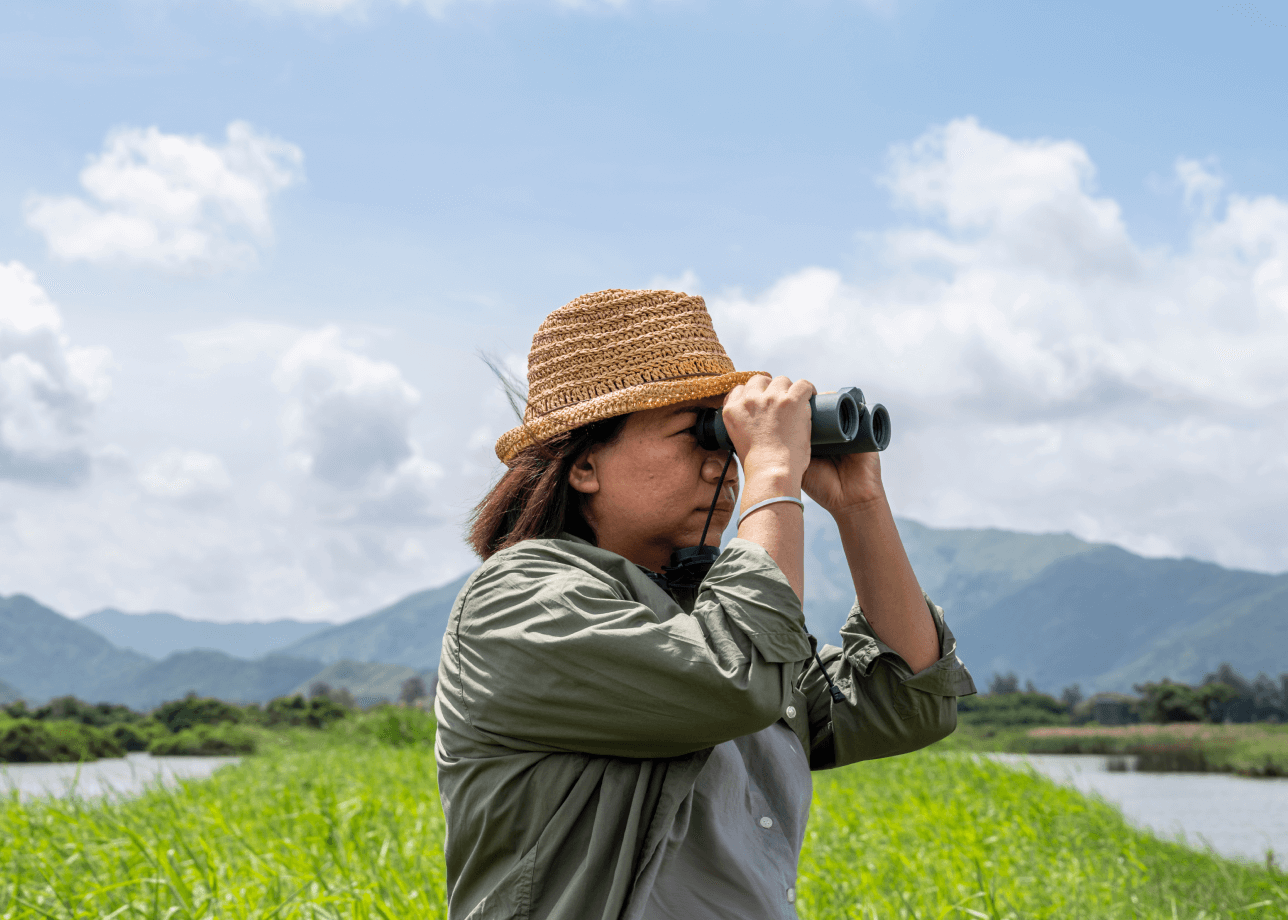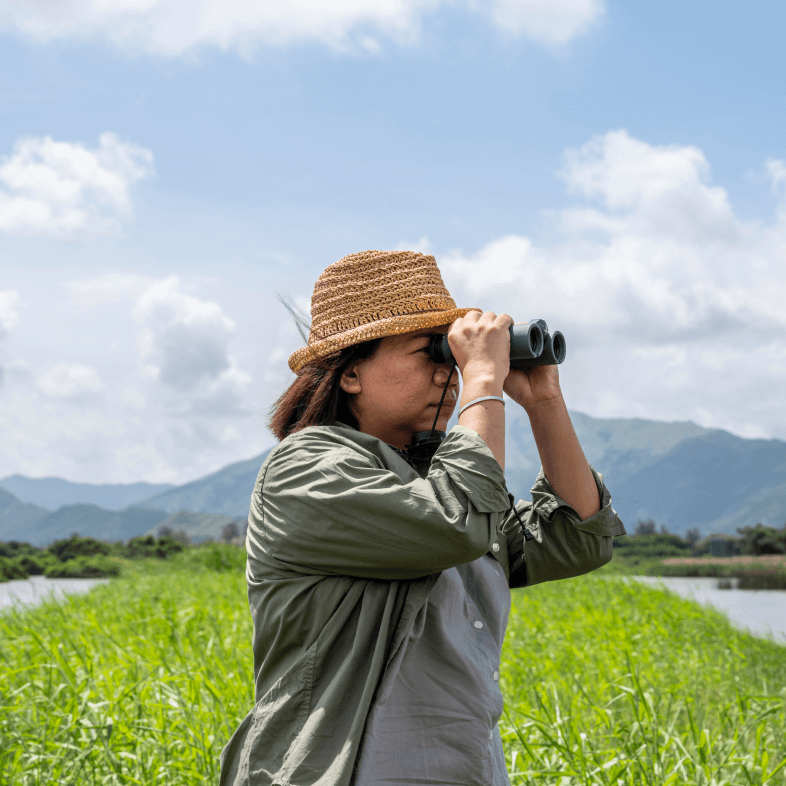

Explore our latest activities.
View all events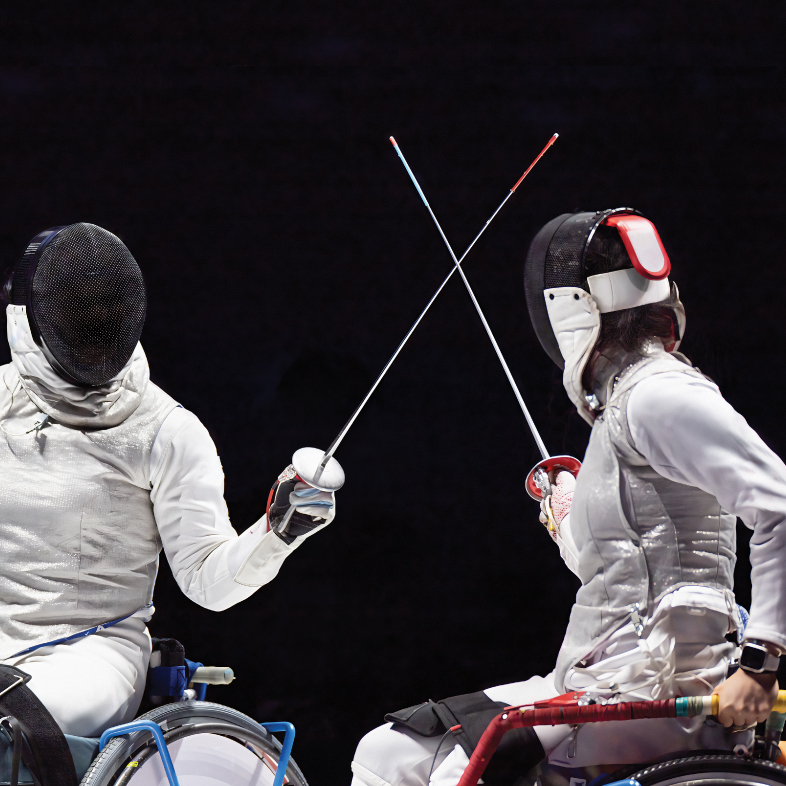
As the sole Partner Sponsor for the Hong Kong Competition Region, we proudly support the 15th National Games, the 12th National Games for Persons with Disabilities and the 9th National Special Olympic Games, and are committed to promoting sports development.
9 Nov – 15 Dec 2025
Guangdong, Hong Kong and Macao

An official world championship held every two years brings together the world’s top bowlers from Africa, the Americas, Asia, Europe, and Oceania for an exhilarating, world-class sporting event.
24 Nov – 5 Dec 2025
Kai Tak Sports Park and Queen Elizabeth Stadium

The exhibition traces the history of the Chinese People’s War of Resistance Against Japanese Aggression in a showcase of 183 artefacts.
27 Aug – 15 Dec 2025
Hong Kong Museum of History










.png?rev=a4f97efe8ba94670b09bee2fe92bd5d5&sc_lang=en-US)
.png?rev=142a999b72984ecdb6a01f4905c93ded&sc_lang=en-US)
